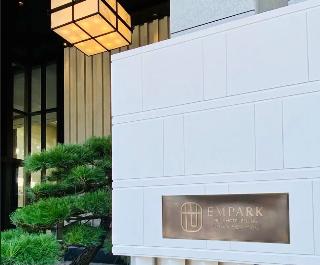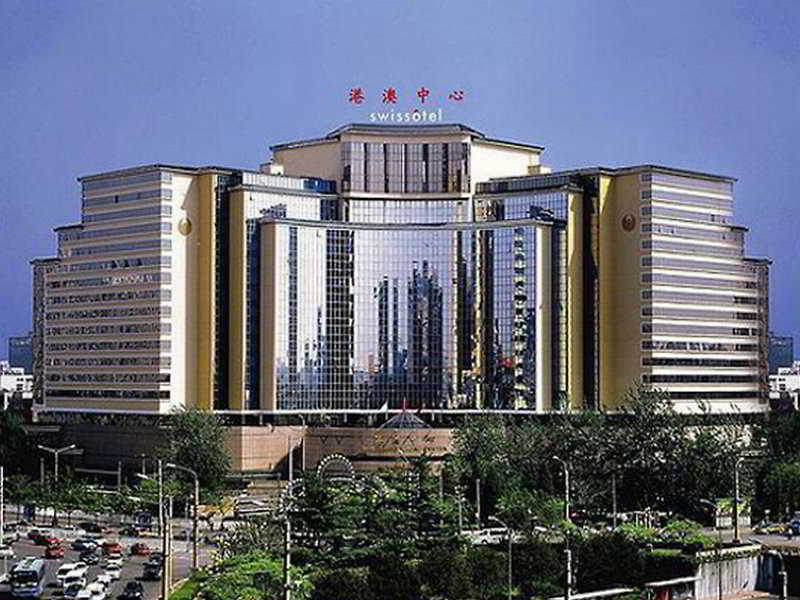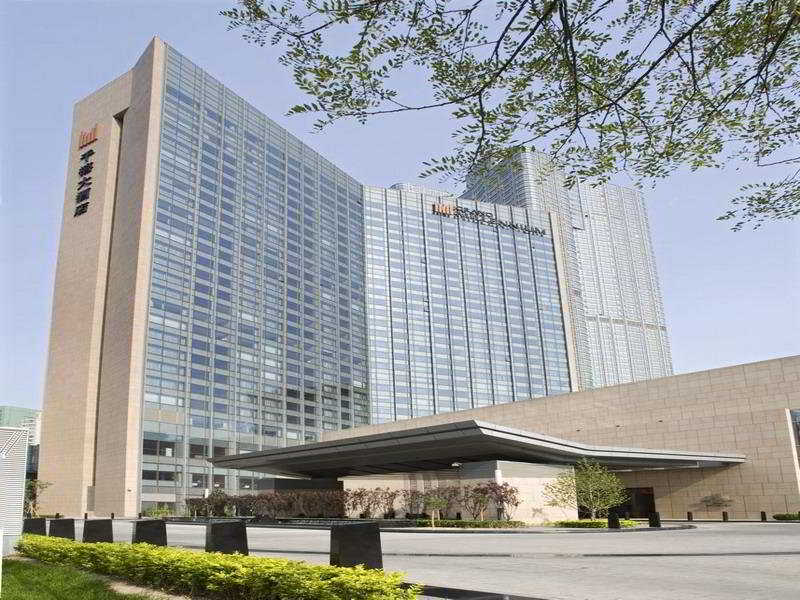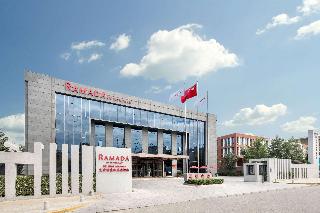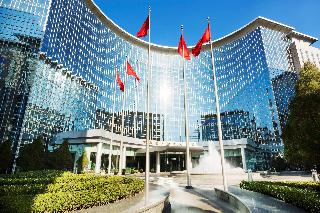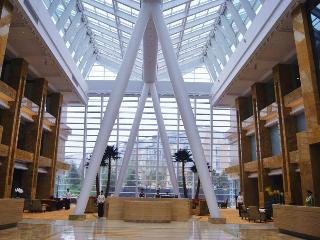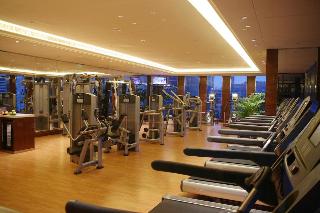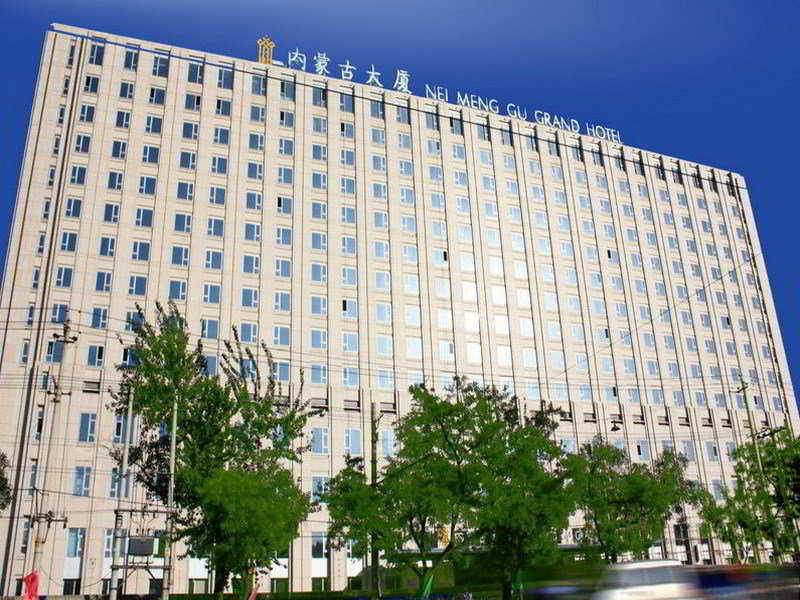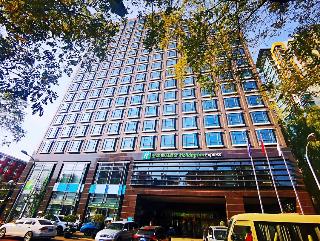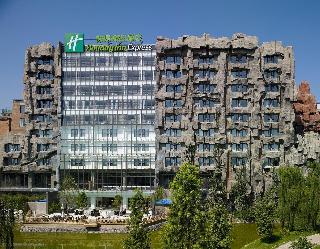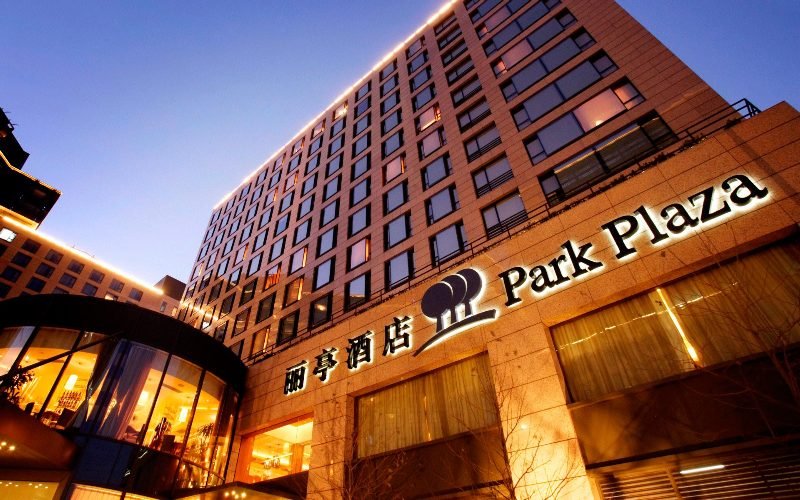
Find hotels in Beijing
Lowest prices detected by AI for hotels
Best
Cheapest
Star Ratings
AI Recommended
Best Hotels In Beijing
Cheapest Hotel Deals in Beijing
Top Rated Hotels
5 Star Hotels in Beijing
4 Star Hotels in Beijing
3 Star Hotels in Beijing
AI-recommended Destinations
Where to stay in Beijing
More About Beijing
“The heart of China”
Beijing (;
Mandarin pronunciation: [pèi.tɕíŋ] ( listen)), formerly romanized as Peking, is the capital of the People's Republic of China, the world's third most populous city proper, and most populous capital city. The city, located in northern China, is governed as a municipality under the direct administration of central government with 16 urban, suburban, and rural districts. Beijing Municipality is surrounded by Hebei Province with the exception of neighboring Tianjin Municipality to the southeast; together the three divisions form the Jingjinji metropolitan region and the national capital region of China.Beijing is an important world capital and global power city, and one of the world's leading centers for politics, economy and business, finance, education, culture, innovation and technology, architecture, language, and diplomacy. A megacity, Beijing is the second largest Chinese city by urban population after Shanghai and is the nation's political, cultural, and educational center. It is home to the headquarters of most of China's largest state-owned companies and houses the largest number of Fortune Global 500 companies in the world, as well as the world's four biggest financial institutions. It is also a major hub for the national highway, expressway, railway, and high-speed rail networks. The Beijing Capital International Airport has been the second busiest in the world by passenger traffic since 2010, and, as of 2016, the city's subway network is the busiest and second longest in the world.
Combining both modern and traditional architecture, Beijing is one of the oldest cities in the world, with a rich history dating back three millennia. As the last of the Four Great Ancient Capitals of China, Beijing has been the political center of the country for most of the past eight centuries, and was the largest city in the world by population for much of the second millennium A.D. Encyclopædia Britannica notes that "few cities in the world have served for so long
 Time UTC+08
Time UTC+08 Currency CNY
Currency CNY Languages Chinese, Yue, Wu, Minbei, Minnan, Xiang, Gan, Hakka , minority languages
Languages Chinese, Yue, Wu, Minbei, Minnan, Xiang, Gan, Hakka , minority languagesWhat’s Special about Staypia?
Compare hotel prices in real-time
AI finds you the lowest price for hotels in Beijing.
Lowest price for 3.16M hotels worldwide
Book with up to 31% extra discounts only for Staypia members.
Travel bucket list for Beijing
Plan your trip with over 17K 'must see' recommendations for Beijing
Frequently Asked Questions
The best hotels in Beijing are Park Plaza Beijing Wangfujing, Novotel Beijing Xinqiao, Prime hotel Beijing Wangfujing.
The best 5 star hotels in Beijing are Prime hotel Beijing Wangfujing, Swissotel Beijing Hong Kong Macau Center, New World Beijing Hotel. Search for the most highly rated hotels in Beijing
The most highly rated hotels in Beijing are Park Plaza Beijing Wangfujing, Prime hotel Beijing Wangfujing, Swissotel Beijing Hong Kong Macau Center.
Generally, room reservations are subject to a free refund until the cancellation deadline. Fees may apply after the cancellation deadline, so please check the cancellation deadline on your hotel voucher or in Menu > My Reservation.
If you’re a frequent traveler, Staypia is the best place to get the best hotel deals. You can book hotels with the lowest price of 3.16 million hotels collected by AI, and receive additional discounts for members only.

